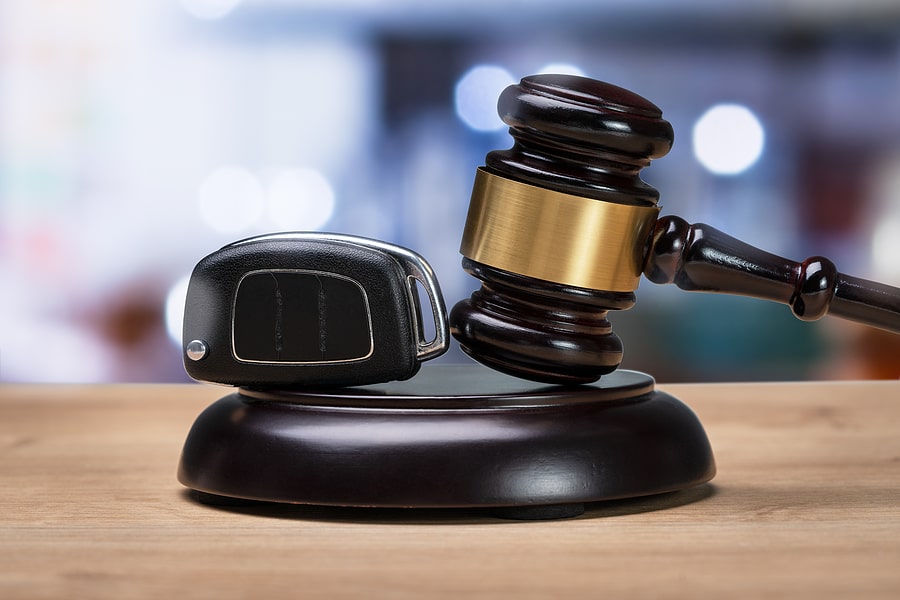From Investigation to Acquittal: Understanding the Function of an Offender Defense Legal Representative in Different Practice Areas
In the realm of criminal defense regulation, the function of a protection attorney extends far past court room depiction. From diligently dividing proof during pre-trial preparation to crafting innovative protection approaches customized to various method areas, a criminal defense attorney operates at the intersection of legal know-how and critical acumen. Nonetheless, what truly sets apart a competent defense lawyer is their ability to navigate the intricacies of the justice system, offering a beacon of intend to customers entangled in the internet of criminal complaints. As we discover the multifaceted responsibilities and nuanced approaches of criminal defense attorney across various method locations, a much deeper understanding emerges of the pivotal role they play in safeguarding the rights and liberties of people dealing with criminal charges.
Pre-Trial Preparation
In the world of criminal protection, pre-trial prep work plays an important role in building a solid defense method. This stage entails thorough preparation and evaluation by protection lawyers to ensure that they are fully equipped to represent their clients efficiently in court.
Moreover, during pre-trial preparation, defense attorneys likewise concentrate on recognizing and talking to possible witnesses that can give valuable testimony to support the client's case. They may likewise talk to experts in different areas to obtain insights that can strengthen their defense method. Additionally, pre-trial preparation usually includes performing legal research to identify appropriate regulations, criteria, and court rulings that can be utilized to strengthen the defense's disagreement.
Test Advocacy
Having diligently prepared throughout pre-trial preparation, criminal defense legal representatives change their focus to trial advocacy, where they skillfully offer their instance in court. Trial campaigning for is an important stage where defense lawyer use different approaches to protect their customers versus prosecution. Throughout the test, defense attorney have the possibility to test the prosecution's evidence, cross-examine witnesses, and provide their very own proof to support their client's innocence.

Eventually, trial advocacy plays an important function in determining the result of a criminal situation, making it essential for defense attorney to approach this stage with accuracy, confidence, and tactical acumen.
Punishing Reduction
During the sentencing phase of a criminal case, defense lawyer concentrate on mitigating variables to promote for a beneficial outcome for their clients. Punishing reduction involves providing proof and arguments to convince the court to enforce a much less serious penalty. This phase is vital as it can considerably influence the final result for go to the website the defendant.
Protection attorneys might present mitigating variables such as the defendant's absence of previous criminal history, their positive contributions to the community, or any circumstances that brought about the criminal habits. By highlighting these aspects, defense attorneys aim to humanize their customers and show that they deserve kindness.

Appeals and Post-Conviction Alleviation

In dealing with charms, criminal defense legal representatives thoroughly see this website evaluate trial records, research study lawful criteria, and craft engaging debates to provide to the appellate court. They aim to demonstrate that mistakes occurred during the test that call for a reconsideration of the verdict. Post-conviction alleviation involves declaring motions and requests based on certain grounds and typically needs evidentiary hearings or additional investigations to support the insurance claims made.
Effectively navigating the appeals and post-conviction relief procedure requires a deep understanding of criminal law, procedural policies, and the capacity to build persuasive legal arguments to promote for their clients' legal rights.
Specialized Defense Approaches
Making use of specialized protection techniques customized to the one-of-a-kind situations of each instance is an essential aspect of the job undertaken by criminal protection lawyers. One typical specialized protection method is the usage of expert witnesses to supply testimony on certain technical or scientific facets of a case.
An additional specialized defense method entails testing the legality of evidence obtained by law enforcement. This might include declaring activities to suppress evidence obtained with an unlawful search or seizure, or questioning the integrity of witness declarations. Additionally, in instances where mental wellness contributes, a defense attorney may utilize a method focused on developing the defendant's psychological state at the time of the claimed offense.
Eventually, the effectiveness of specialized protection methods depends on the attorney's capacity to adapt and use them skillfully to the unique conditions of each situation, eventually working in the direction of attaining the best feasible result for their customer. criminal attorney.
Conclusion
Finally, criminal protection lawyers play a critical role in various method locations, from pre-trial prep work to test advocacy, sentencing reduction, appeals, and specialized defense methods. They function diligently to make certain that their customers get reasonable and simply treatment under the law, guiding them through the intricacies of the lawful system and promoting for their civil liberties. Ultimately, their know-how and devotion can make a substantial distinction in the end result of a criminal case.
In the realm of criminal defense law, the duty of a defense attorney extends much past courtroom representation. From meticulously dividing evidence during pre-trial prep work to crafting ingenious defense approaches tailored to different practice locations, a criminal protection lawyer operates at the intersection of lawful know-how and tactical acumen.In the world of criminal defense, pre-trial prep work plays an important role in developing a solid defense approach - criminal defense attorney.Utilizing specialized defense approaches customized to the distinct conditions of each situation is an essential facet of the work undertaken by criminal protection lawyers.In verdict, criminal protection lawyers play a vital function in am law 100 various technique areas, from pre-trial prep work to test campaigning for, sentencing mitigation, allures, and specialized defense methods